President Trump Faces a Divided People
Donald Trump giving his victory speech early this morning
YouTube / RT.com
Donald J. Trump’s victory yesterday to become the President-elect of the United States is a fitting surprise for this country’s elites in this most surprising of campaign seasons. Our elites, who have become overwhelmingly dirigiste, needed this rebellion by the American electorate to force a reconsideration of their ideology. As is often the case with victory speeches, but which with Trump was very surprising, his victory speech early this morning was a model of magnanimity. In case you were not up until the wee hours of this morning to see it, his speech in its entirety is embedded below.
YouTube / C-Span
After making very magnanimous comments about Hillary Clinton (which in my opinion she did not deserve), Trump began with a promise to build up America’s infrastructure and to take care of America’s abused disabled veterans. Unfortunately, some of his most important policy plans, those for our economy, he barely mentioned. Much to the relief of our allies, I am sure, he emphasized,
We will get along with all other nations willing to get along with us. … I want to tell the world community that while we will always put America’s interests first, we will deal fairly with everyone, with everyone, all people and all other nations. We will seek common ground, not hostility; partnership, not conflict.
This Divided Nation
At the very beginning of his speech, Trump held out the traditional olive branch to his political opponents, saying we must heal the divisions and unite as a people. That, I fear, is a forlorn hope, as the divisions are not created by mere party rivalry, but by deeply held convictions about the nature of political, social, and economic reality. The progressives and conservatives hold very different views on all these aspects of reality. Had Hillary Clinton been elected with Republican’s continuing control of Congress, we could have expected at least four more years of total political gridlock.
Fortunately for conservatives, not only was Trump elected, but the Republicans maintained control of both the House and the Senate. This is fortunate for two related reasons. The first is the obvious one that Republicans will actually have a chance to enact their programs. The second, less obvious reason is the Speaker of the House Paul Ryan (R-WI) and Senate Majority Leader Mitch McConnell (R-KY) will be there to influence Trump on what the new President seeks to do. Trump will be able to accomplish very little without the cooperation of Congress.
Especially worrisome is what Trump might try to do about foreign trade, as he has often expressed hostility toward our foreign trade treaties, such as NAFTA and TPP. While the loss of jobs to foreign countries has been very painful, the responsibility for that pain has very much been due to other federal government policies. These regulatory and tax policies have created a hostile economic environment for companies large and small, limiting their capability to transfer capital saved by the foreign trade to other economic activity that would have created new jobs. By addressing those problems, Trump could alleviate the pain of lost jobs to foreign suppliers without losing the cost-savings of foreign trade.
A second, even more worrisome Trump conviction is that he should not touch entitlement spending (social security, medicare, and medicaid). Yet, if something is not done about this spending, in about one to two decades every single penny of federal government revenues will be absorbed in paying for the entitlements and for the interest on the national debt. Already, those payments are about two-thirds of the federal budget.
We can only hope the influence of congressional Republicans and his outstanding economic team will moderate Trump’s views on these two, vitally important issues.
The Left-Right Conversation Is Still Relevant
One meme I heard several times last night was that the argument between the Left and the Right was not important anymore. If this campaign season has shown us anything, it was that the American people are in outright rebellion against the political, economic, and intellectual elites they feel have lead them in a wrong direction and were oppressing them. In the view of some progressive intellectuals, this includes some elites they count as being on the Right. Looking through the internet for a more coherent expression for this view, the best example I found was a July 26, 2016 article by Robert Reich on the San Francisco Chronicle website, Does Hillary get it? It’s not left, right anymore. In it he writes:
The most powerful force in American politics today is antiestablishment fury at a system rigged by big corporations, Wall Street and the super-wealthy. This is a big reason that Donald Trump won the Republican nomination. It’s also why Bernie Sanders took 22 states in the Democratic primaries, including a majority of Democratic primary voters under age 45.
There are no longer “moderates.” There’s no longer a “center.” There’s authoritarian populism (Trump) and democratic populism (which had been Bernie’s “political revolution” and is now up for grabs).
And then there’s the Republican establishment (now scattered to the winds) and the Democratic establishment.
The point Mr. Reich tries to make is the establishment against which the people are revolting very much includes corporate economic leaders, the crony capitalists, and therefore the people’s fury is directed as much against the Right as against the Left. It is directed just as much against the establishment of the Republican Party as against that of the Democratic Party. But is this really a correct interpretation? As I have discussed before, Crony Capitalism is the opposite of real capitalism, by which I mean free-markets. The crony capitalism of some Wall Street firms seeks the collusion of government to gain more government control over the economy so that government will grant them more favors. Since crony capitalism results in greater government economic control, it must be considered a form of fascism, which is a variant of socialism.
Ask yourself this question: What has caused the economic angst over the past eight years that has motivated the people’s rebellion? What has caused companies to greatly reduce corporate investments that has so radically decreased our growth rates? What has caused the decrease in middle-class income? Has it not been the incredible increase in government economic regulation, including regulations from the Dodd-Frank Act and Obamacare, and the huge taxation burden carried by corporations? Each of these growth stifling factors result from an intrusion of government into the economy. It would seem, then, the conversation between the Left and the Right remains very relevant indeed.
The Most Important Consequences to Immediately Expect
So after Donald Trump takes the oath of office, what can we expect most rapidly to happen? First, we should see the complete repeal of Obamacare followed by a replacement featuring tax-subsided medical savings accounts, and changes in law to allow medical insurance companies to compete across state lines. Hopefully, some medical tort reform will also be considered.
We should also see almost immediately a very large number of economic regulations authorized purely by Obama’s presidential executive orders repealed by Trump executive orders. In particular, Trump has promised to eliminate regulations discouraging the production of fossil fuels.
On taxes there should be a rapid meeting of the minds between Trump and Congress on changing corporate tax rates from 35% to 15%, with additional large cuts to individual income tax rates. Although Trump in the past has resisted advocating a change to a territorial tax approach, the Republican platform calls for it. What we have right now is called a world-wide tax approach, where a company’s profits from overseas brought back to the U.S. are taxed as income by the U.S. government. As a result U.S. multinationals have stashed an estimated $2.1 trillion of overseas profits in foreign bank accounts, rather than bring them back to the U.S. to be taxed at an exorbitantly high tax rate. Almost all other economically developed countries have adopted a territorial tax approach, where only a company’s profits earned within a country would be taxed by that country. If Trump could be persuaded to adopt a territorial approach, that change along with the many others Trump will make to produce a healthier business environment could motivate multinationals to bring a large fraction of that $2.1 trillion home for domestic investments.
Within a year the results of these changes should be seen in much higher corporate investments, job growth, and a big increase in GDP growth. It should be an exciting year domestically.
Views: 1,993























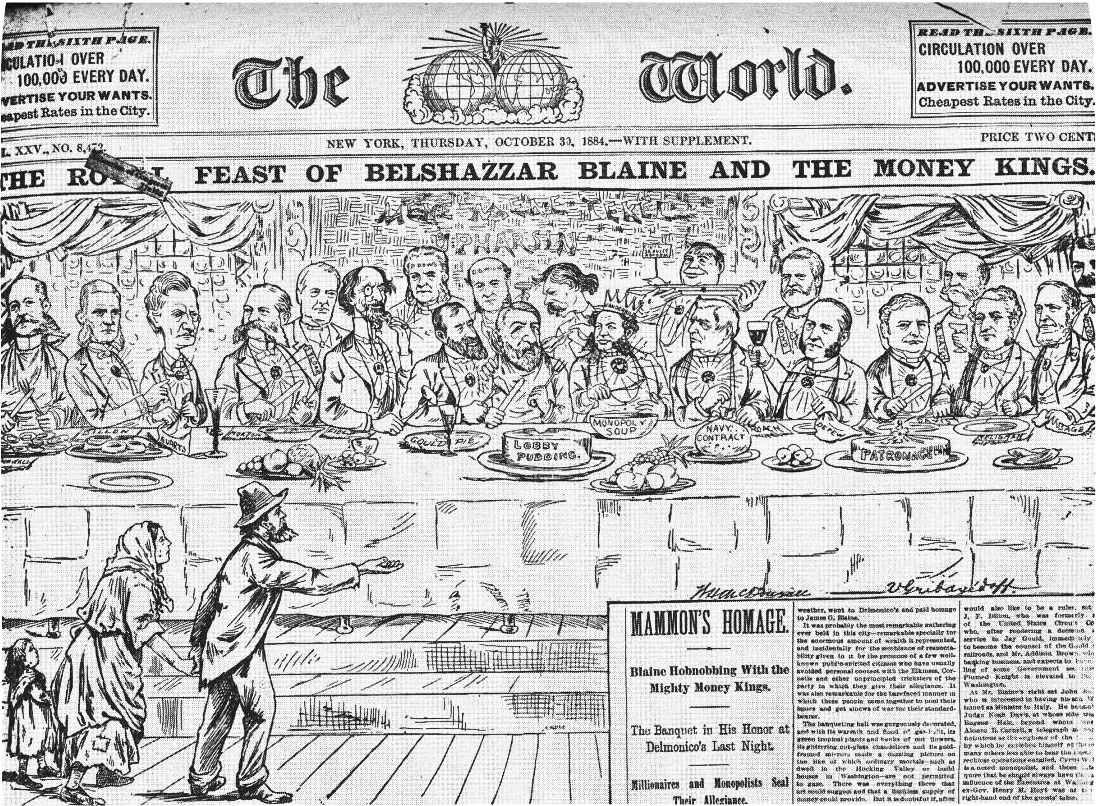
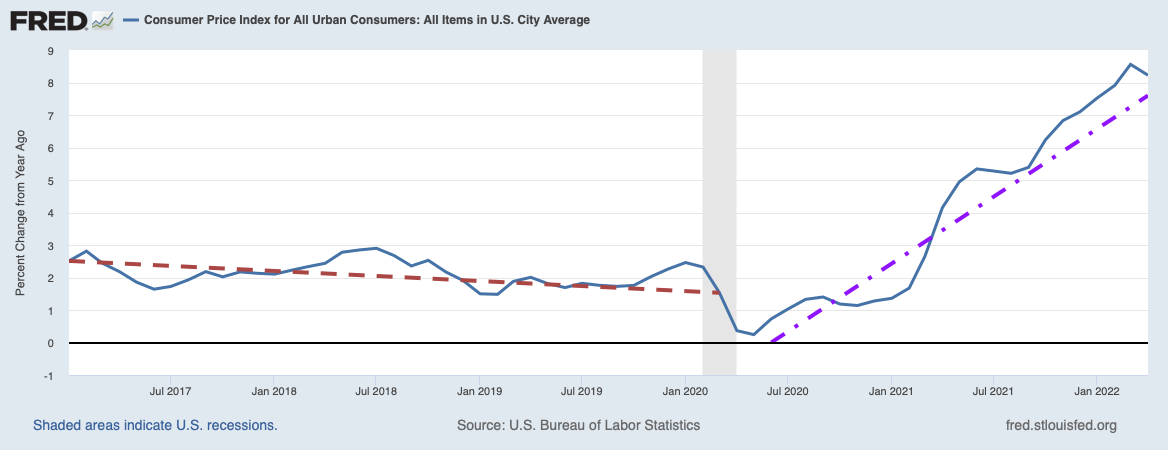

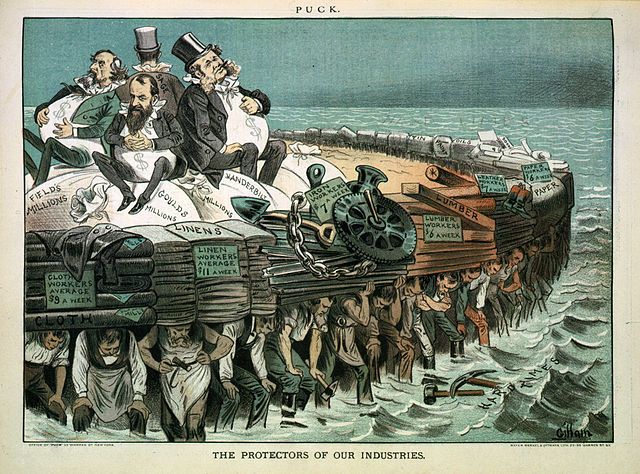

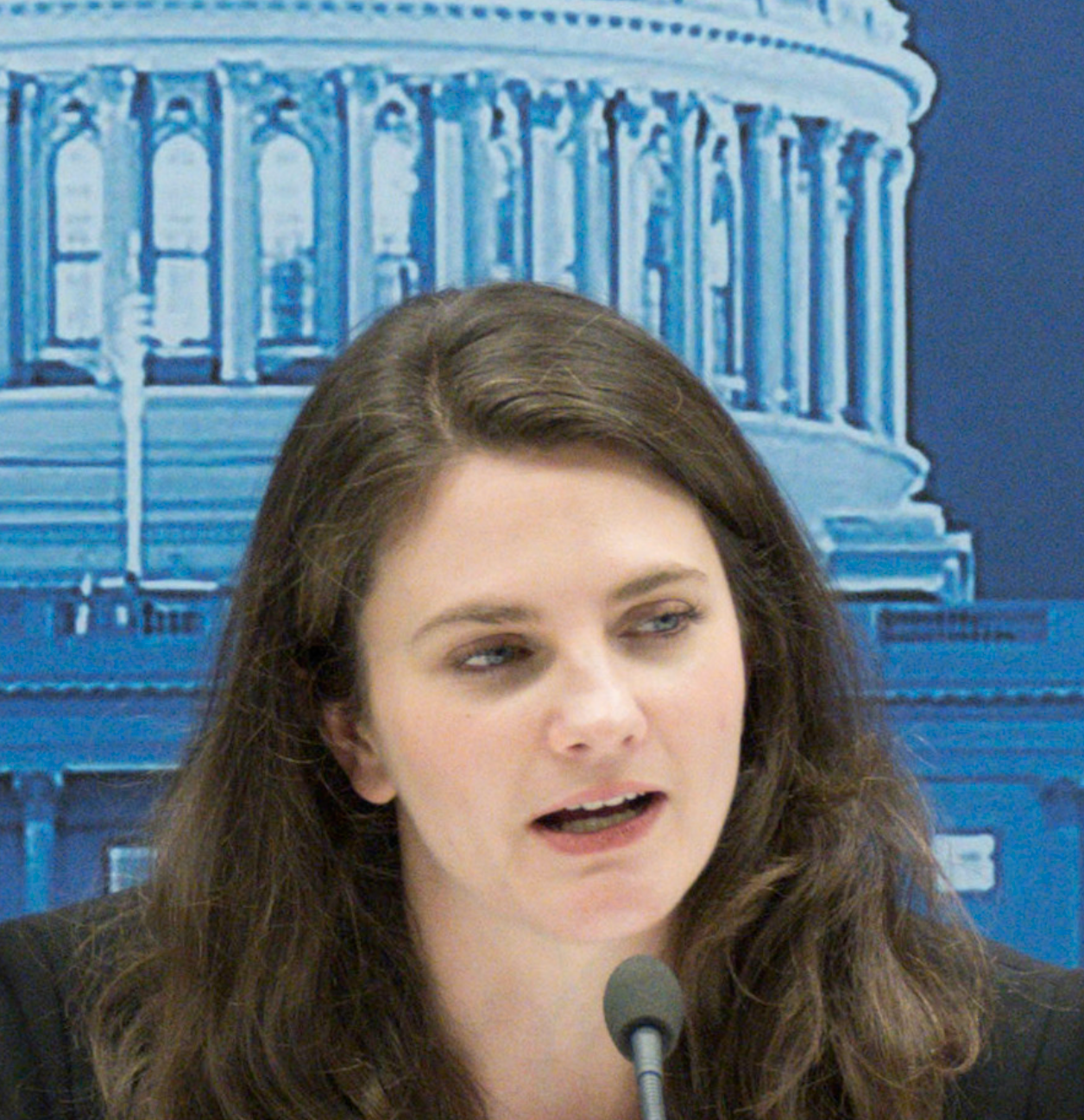
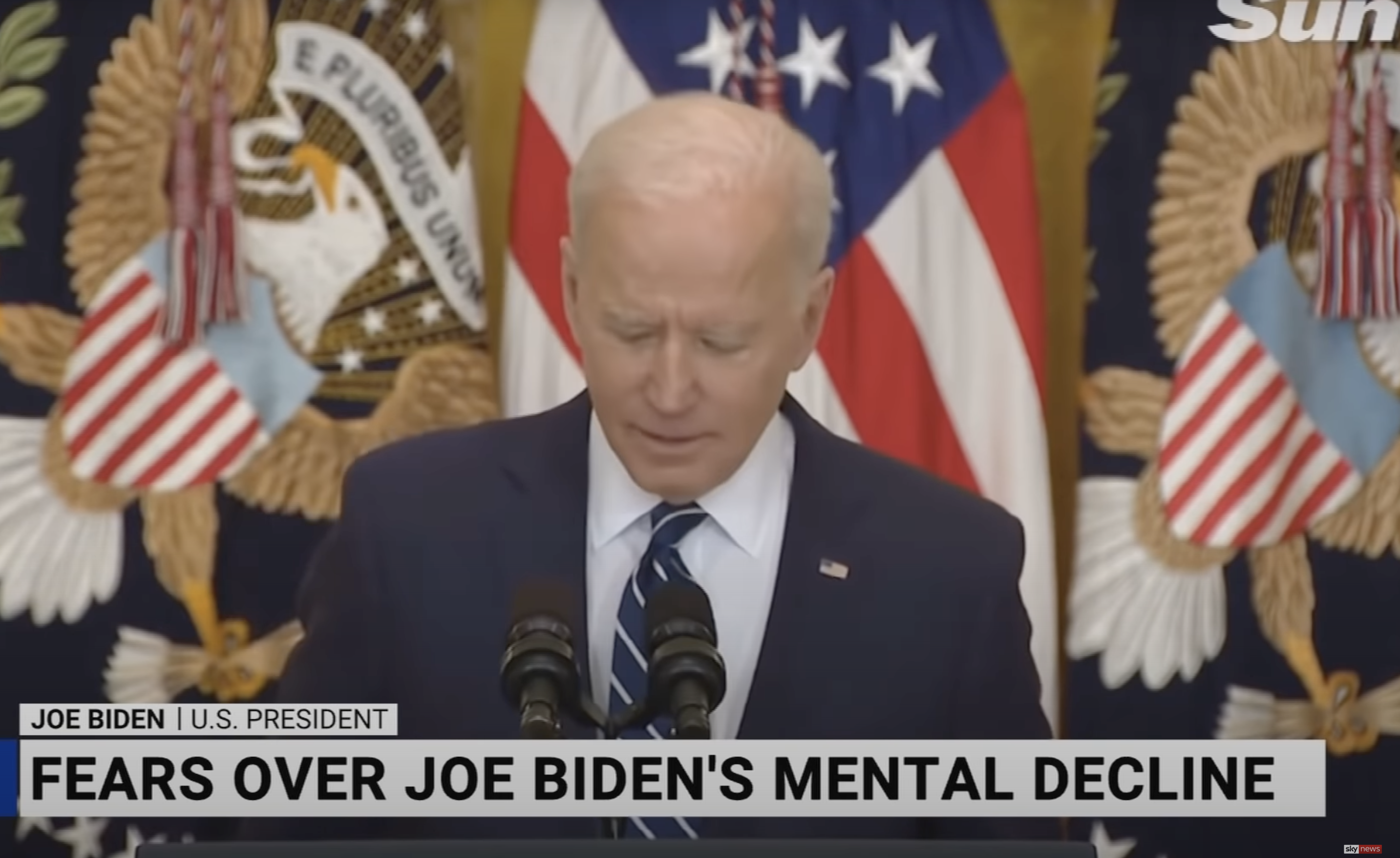
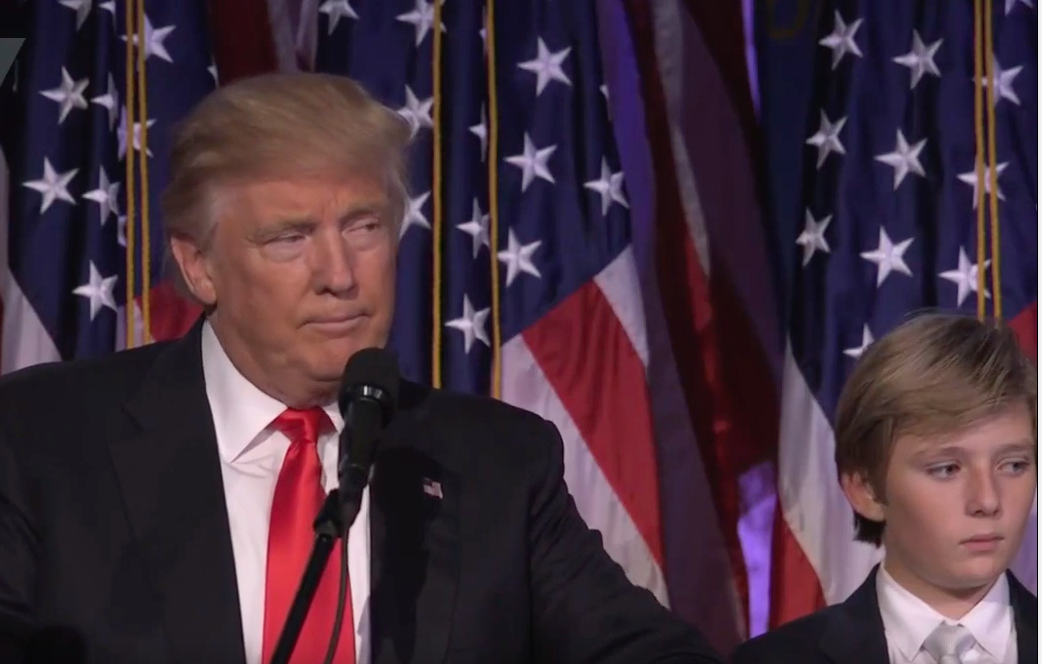
This is a great article. I appreciate learning a new vital word dirigiste (comes with accompanying definition) and I appreciate it that Trump’s speech was filled with thank you’s and not more “important policy plans.” It was short and sweet and like he said, “The real work begins now.” I learned a lot here. I’m not sure this article will get the attention it deserves as the media is so focused on the melt down at the surprise election. It was no surprise to me.